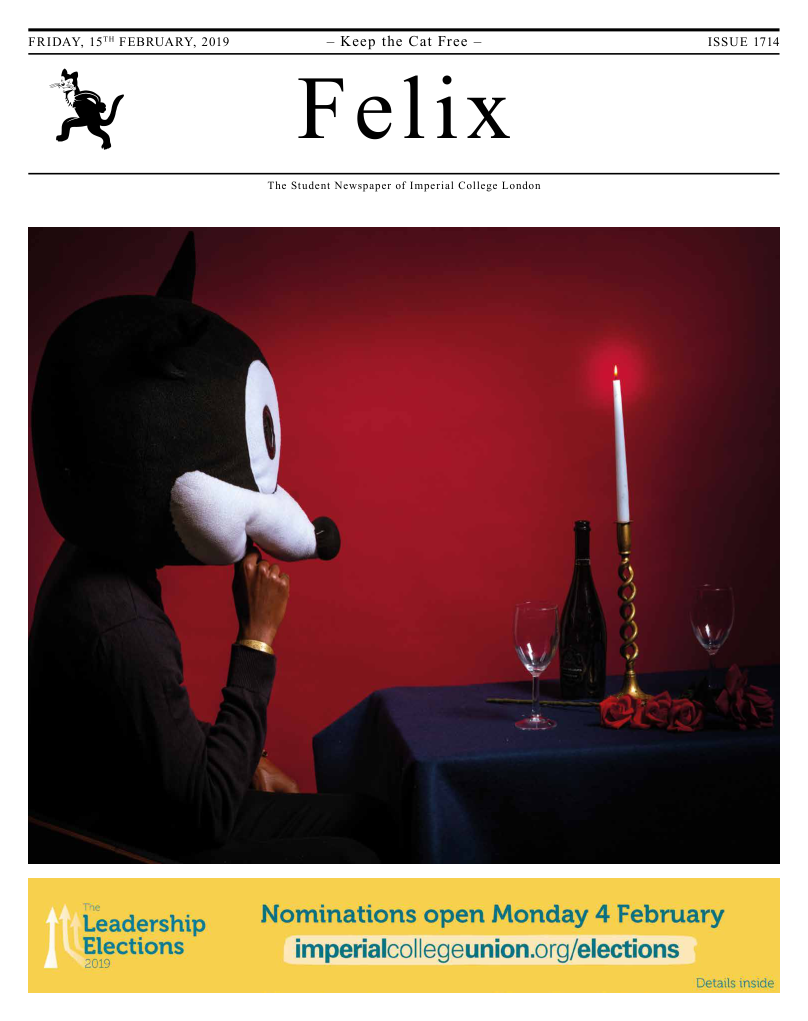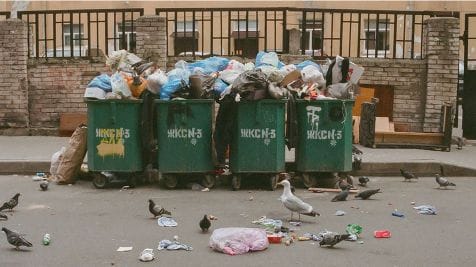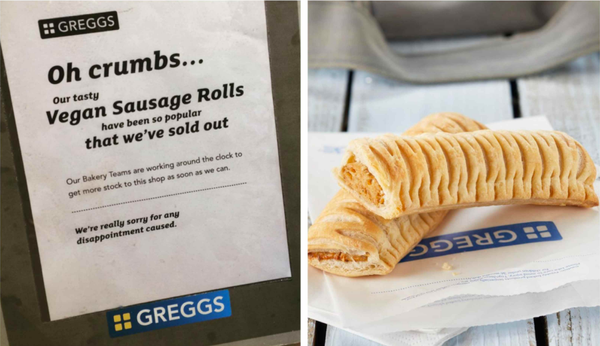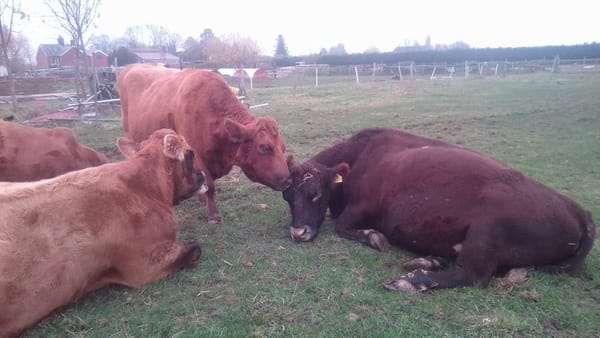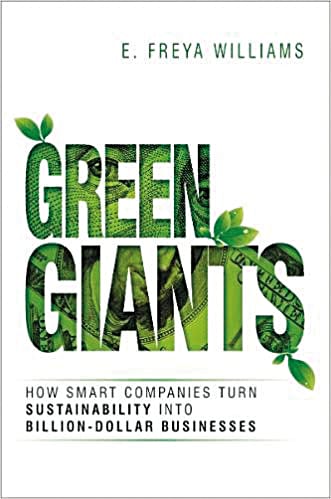Tap Here to Stop Food Waste
Three entrepreneuring startups come together to discuss tackling food waste. Monami Miyamoto reports

On 11th February the Social Innovation Academy at LSE (London School of Economics) hosted a talk titled ‘The War on Food Waste’, with 3 entrepreneurs from start-ups tackle food waste. These companies included ODDBOX, DayOld and OLIO, each represented by their founders or board members.
Food waste is becoming an increasingly hot topic, especially in the UK where there is growing societal awareness about its consequences on the planet. In fact, if food waste was a country, it would be the third biggest contributor to climate change just after the United States and China.
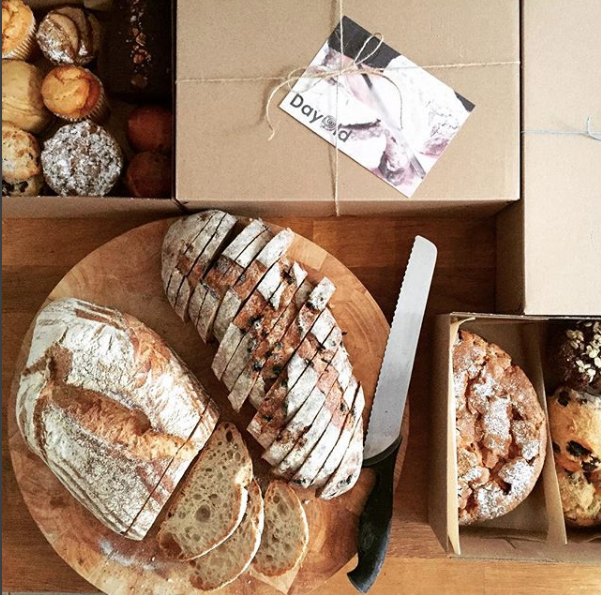
A brief introduction to the three companies:
ODDBOX aims to reduce food waste from the farm, by sending produce that do not live up to supermarket standards to its subscribers across London.
DayOld collects artisan pastries from bakeries, that would also otherwise get thrown out. These are then provided as catering for company events or given to people suffering food poverty. It’s shocking to think that bakeries such as GAIL’s were throwing out up to 20 perfectly edible loaves of bread each day, before DayOld decided to aprtner up with them.
Finally, OLIO is a “Food tinder” app, as their business development manager Liam Jones put sit. Individuals and supermarkets list foods in their homes/shops that they no longer want, so that someone else in the neighbourhood who may want it can have it.
Interestingly, all three companies are tackling food waste, but at different levels of the food supply chain: ODDBOX on the farm, DayOld in the stores, and OLIO in the homes.
One of the major issues discussed in the talk was the complex reality of managing both social and economic welfare in these businesses. DayOld mentioned that their company is too commercial to receive social enterprise funding but is also not economically profitable enough to attract large numbers of investors. To combat this, they are currently relying heavily on their extensive volunteer network. The benefit is that this enables nurturing of close inter-personal relationships as well as encouraging commitment from volunteers. The speaker from DayOld acknowledged that this element of their business is appealing to customers (such as the companies they cater for).
Personally, what I found more shocking was the fact that 16 of the full-time staff at OLIO have little to no pay, because it is currently a free app. Their representative speaker made clear that eventually their business will have to be monetized in order to expand. Another issue OLIO faces is the maintainence of a high standard of risk management, because food exchange happens at a very local scale, so people have to be responsible with what they give/take. When they work with supermarkets such as Sainsbury’s to take their unwanted food, a business donor agreement is used to ensure food safety. Thus, it seems appropriate to conclude that managing a start-up involved in social welfare has its fair share of difficulties.
However, the main point of the talk was to show that with the right business strategies it is possible to overcome the hardships and slowly, but surely, grow like these three companies.
All three speakers made a very inspiring point on the power of having multiple food welfare social enterprises at different levels of the food supply chain. As the representative of DayOld put it, “All three of our companies are not competing against each other. Rather, we are competing together against food waste”. This statement was followed by the importance of small start-up companies with a similar mission, to collaborate effectively in order to raise awareness.
Of course, it must be acknowledged that the lack of competition and scope for collaboration is more specific for ODDBOX, DayOld and OLIO as they focus on different stages of the supply chain. For example, OLIO did state that “Too good to go”- another app that provides consumers with food that is about to go bad (for a cheaper price than the original), is one of their competitors. But generally, because these companies are not motivated purely by economic gains, they are more amenable to working together.
Furthermore, the co-founder of ODDBOX, Emilie Vanpoperinghe, optimistically pointed out that consumers are increasingly beginning to take interest in sustainability conscious companies. This leads to a positive feedback loop wherein businesses gradually adapt to these needs, providing sustainable products, which further raises awareness amongst consumers.
Overall, the talk was fairly casual, yet informative and inspiring. I believe there is still a lot of potential for more start-ups to take their place in the expanding niche of sustainable business, and act as a driving force for societal good.


